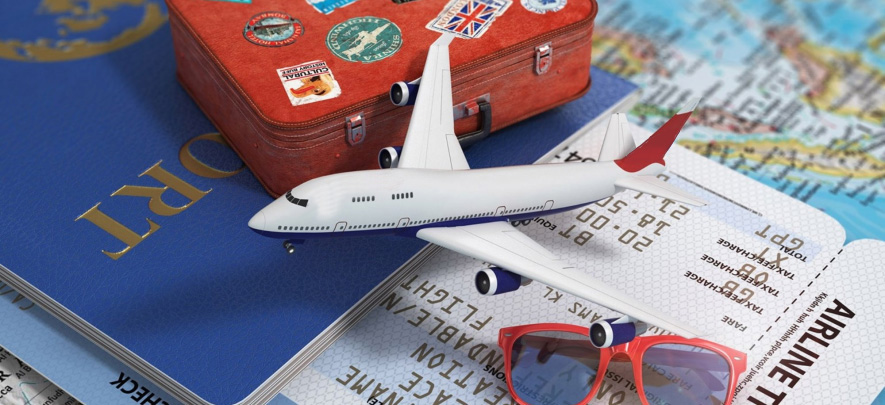The travel industry needs a new kind of disruption - here’s why

Business Development
400 week ago — 4 min read
Until the past twenty years or so, travel planning meant a visit to your local travel agent. If you were the intrepid and adventurous type, you relied on your trusted guidebook, word of mouth, and of course luck. All of that changed with the arrival of high-speed Internet in our homes and advanced technology. Today, we have become DIY travellers – we can fly cheap and often, bunk in a stranger’s house, check reviews online instead of hesitantly visiting an unfamiliar restaurant, and maps and guides are available right on our smartphones.
With 24x7 access to information across the world, the new age traveler is more aware, time-conscious, demanding and wiser about his purchasing habits. But this abundance of information has also made travel planning more confusing, fragmented, time-consuming and at times, even frustrating. We now spend countless hours online to decide where and when we should vacation.
Today, a traveler on average visits more than 20 websites to plan and book her trip. Sure, there are some of us who enjoy every bit of this research. There are even those who build elaborate excel spreadsheets chalking out their itinerary! But a vast majority are travellers who would readily and quickly gravitate towards alternatives that meet their demands in an engaging manner yet simplify travel planning.
This means, travel companies have some work to do. Being available and authentically engaging with travellers throughout their journey and providing them solutions that are simple to use while also adding an element of fun to the planning process has become more critical than ever.
Travellers now actively seek engagement-driven experiences that are beyond a simple aggregation of booking options and travel packages. They have become sensitive about how companies are curating their travel experience from planning to booking to the actual trip itself. Companies that are able to provide this will be rewarded with customer satisfaction and loyalty.
But for this companies need to re-align their approach from being pure aggregators to being facilitators of decision-making. They need to become brands who travellers can count on to provide them the most relevant curated options along with recommendations based on an intimate understanding of the traveler’s preferences.
Companies should remember that travellers are more than a statistic of website visitors looking for the cheapest deals. They are individuals who want and need integrated engaging content, personalised and end-to-end services delivered in an innovative way while ensuring affordability. They seek different things at different times – an adventure seeking explorer one day to a family vacationer looking for pure comfort the next. And at all times they seek transparency. Address these, and the traveler will know that you really care for them.
There is much hype about how Artificial Intelligence is the next big disruptor in the travel industry, helping companies improve the traveler’s search and buy experience. But it’s worth asking if it’s enough.
I believe the travel industry needs disruption at a more fundamental level. It needs a traveler’s approach to product development coupled with rich content based on personal traveling experiences, a strong community connect and smart data analytics based on social media.
Sometimes all it takes is a shift in perspective. And no statement is more true in the case of travel.
To explore business opportunities, link with me by clicking on the 'Invite' button on my eBiz Card.
Network with SMEs mentioned in this article
View Shruti 's profile
SME Inspirations
Most read this week
Trending
What is BRC in Export Business?
Export Sector 1 week ago











Comments (3)
Share this content
Please login or Register to join the discussion